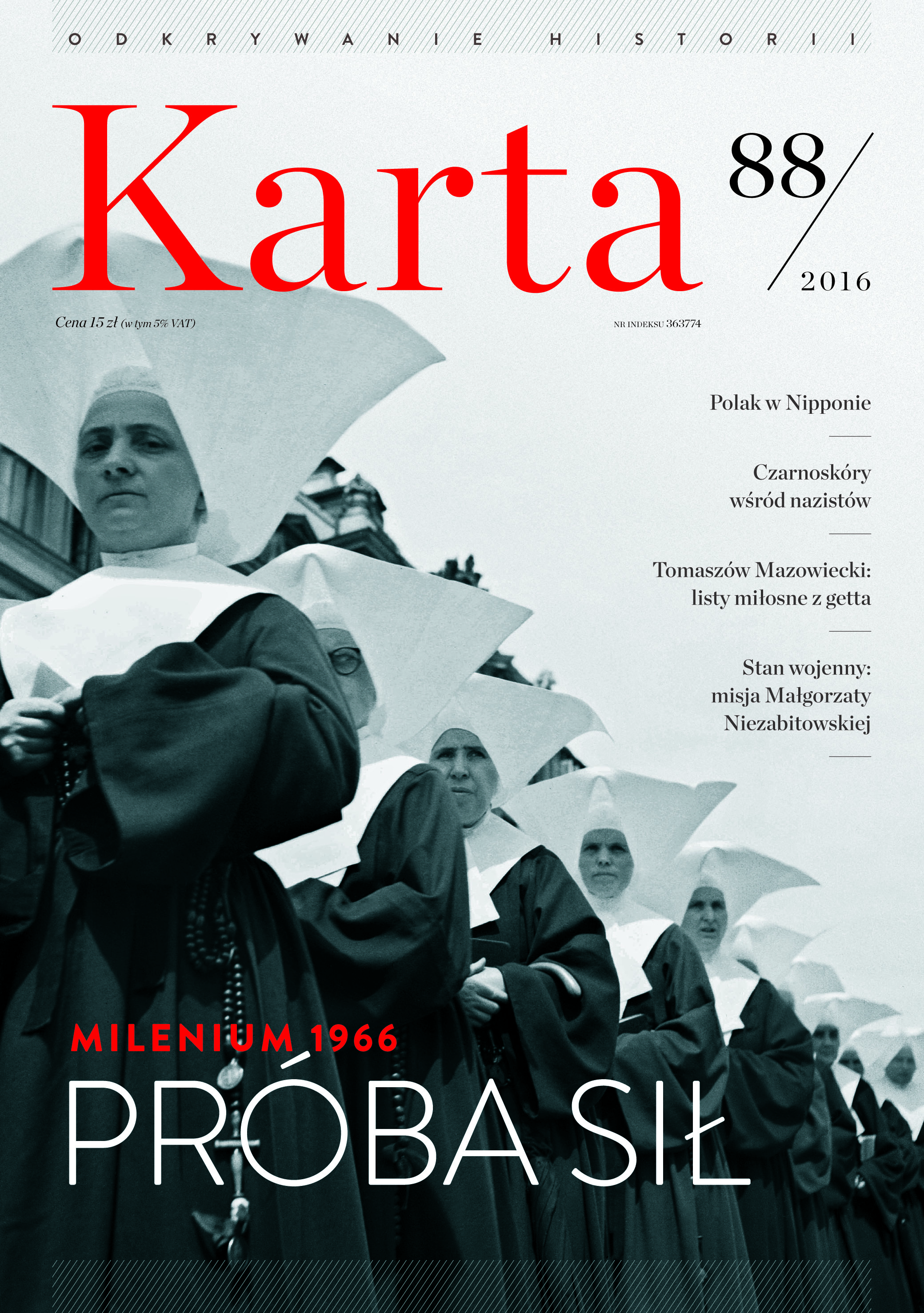
We kindly inform you that, as long as the subject affiliation of our 300.000+ articles is in progress, you might get unsufficient or no results on your third level or second level search. In this case, please broaden your search criteria.


Tajikistan remains at risk for problems caused by undernourishment, while obesity is a rising problem across the region.
More...
Vehicles participating in the Yekaterinburg tournament were safety-proofed to prevent accidents.
More...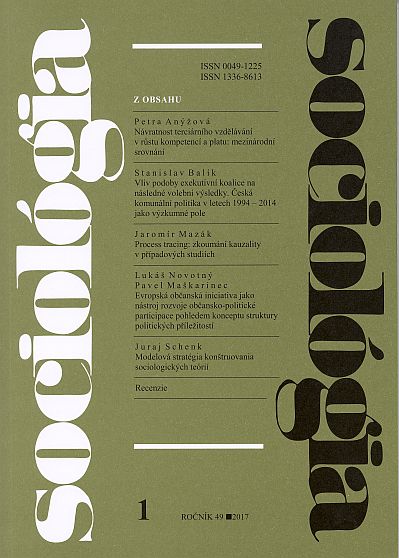
European Citizens’ Initiative as a Tool for Advancing Civic/Political Participation: APolitical Opportunity Structure Perspective The European Citizens’ Initiative (ECI) is the institutional innovations that have sought to enhance the participatory nature of EU politics. This paper demonstrates that the current form of ECI is not a tool for active participation of citizens in shaping of the European politics. On the contrary, the practice of the ECI is totally at odds with the reasons why this tool was anchored in the Lisbon Treaty. Similarly, a high number of rejected registrations suggests, that the Commission itself sees that it is unable to solve the problem, or it is not willing to agree to enforce fundamental changes. Actually, there were registered only those initiatives that was focused on particulars. Thus, although the dynamic multilevel model of political opportunity structure might suggest that the ECI institutional settings is an example of an open international (European) political opportunity structure, our analysis showed, that, in practice, this is markedly closed political opportunity structure, mainly due to the influence of the Commission. Significant decrease of submitted ECI, after three years since the introduction of this institute, confirms that the initial euphoria of the involvement of citizens to the decision-making mechanisms of the EU does not take place, and instead of strengthening democratization and the creation of a common European political space, the ECI may act more in the direction of further deepening of the democratic deficit and alienating European citizens from the idea of a common Europe.
More...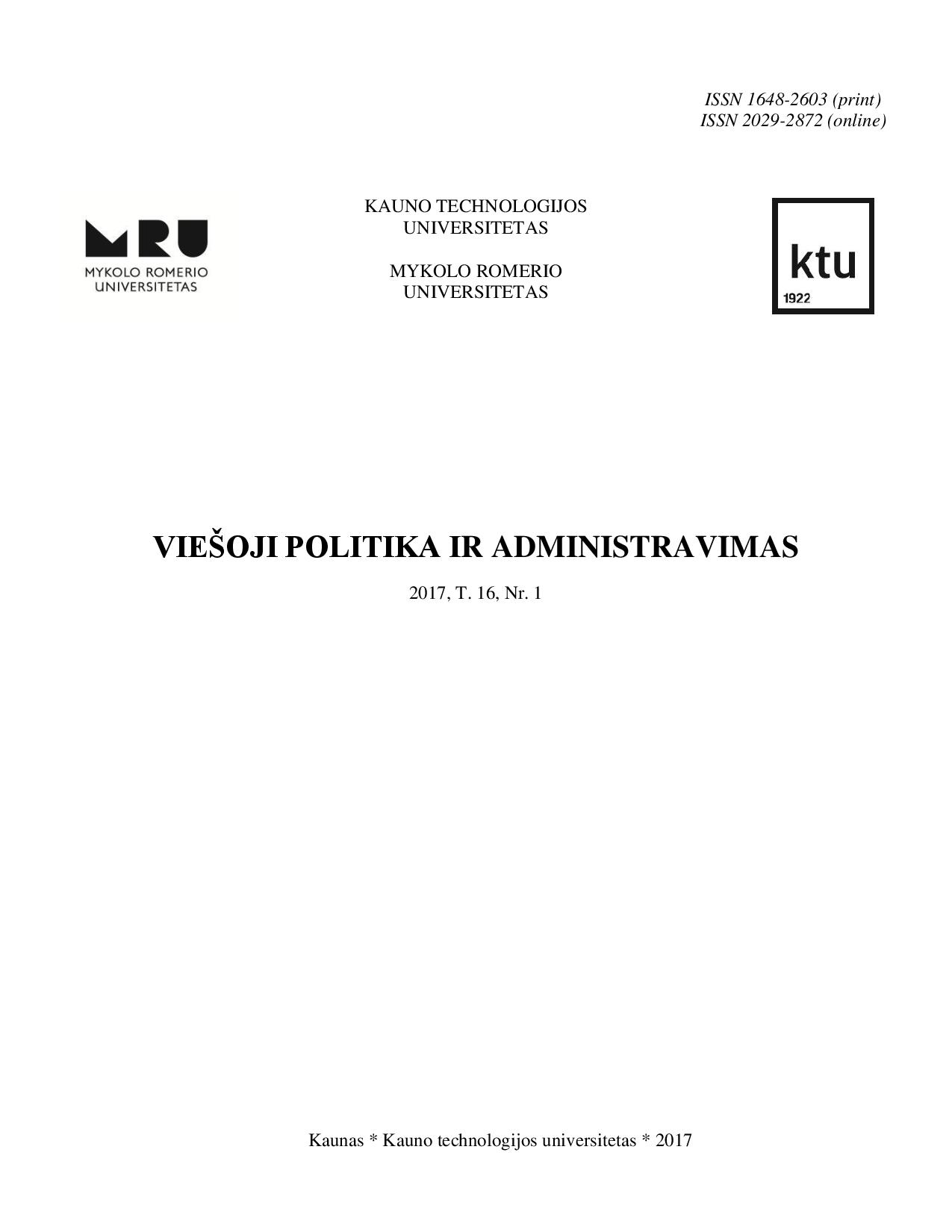
In 2001 the Social Democratic Party of Lithuania and the Democratic Labor Party of Lithuania (the ex-Communist Party) completed their formal merger under the name Lithuanian Social Democratic Party and became one of the largest and the most influential political organization in Lithuania. This article aims to examine rate of replacement and social-demographic characteristics of the members of the LSDP National Executive Committee (Presidium) after party completed merger in 2001. The analysis exposed that pace and scope of the LSDP elite replacement was quite intensive between 2001 and 2015. However the rate of survival is greater in the case of founding members, who entered party elite in 2001 than in that of newcomers i.e., who were elected to the Presidium for the first time after 2001. With regard to age of the LSDP elite, dominant member age grouping is 50 years and older. The data indicates that there is a low percentage of female and especially youth in the National Executive Committee.
More...
Liberal theorists attitudes about rights of minority cultures have been very different so far. The main point of dispute between the egalitarian liberals and multiculturalists is the role of government in protecting minority communities. While one group of theorists argued that the liberal commitment to universal rights and the concept of universal citizenship excludes acceptance of group - differentiated rights, others have expressed their willingness to accept the legal recognition of minority cultures and their rights. Modern liberal theory holds that the state must comply with the principle of neutrality by ignoring all differences among citizens, including individual, national and religious affiliation, economic status, etc. Model of civic nationality (citizenship) should contribute to it, which implies the right and duty of citizens to assume the same rights and obligations in relation to the state. Some of the questions that we’ll open in this text are: how does the recognition of the rights of minorities and securing group-differentiated rights may affect the virtues and practices of democratic citizenship? Could the recognition of minority communities undermine the unity and stability of the wider political community?
More...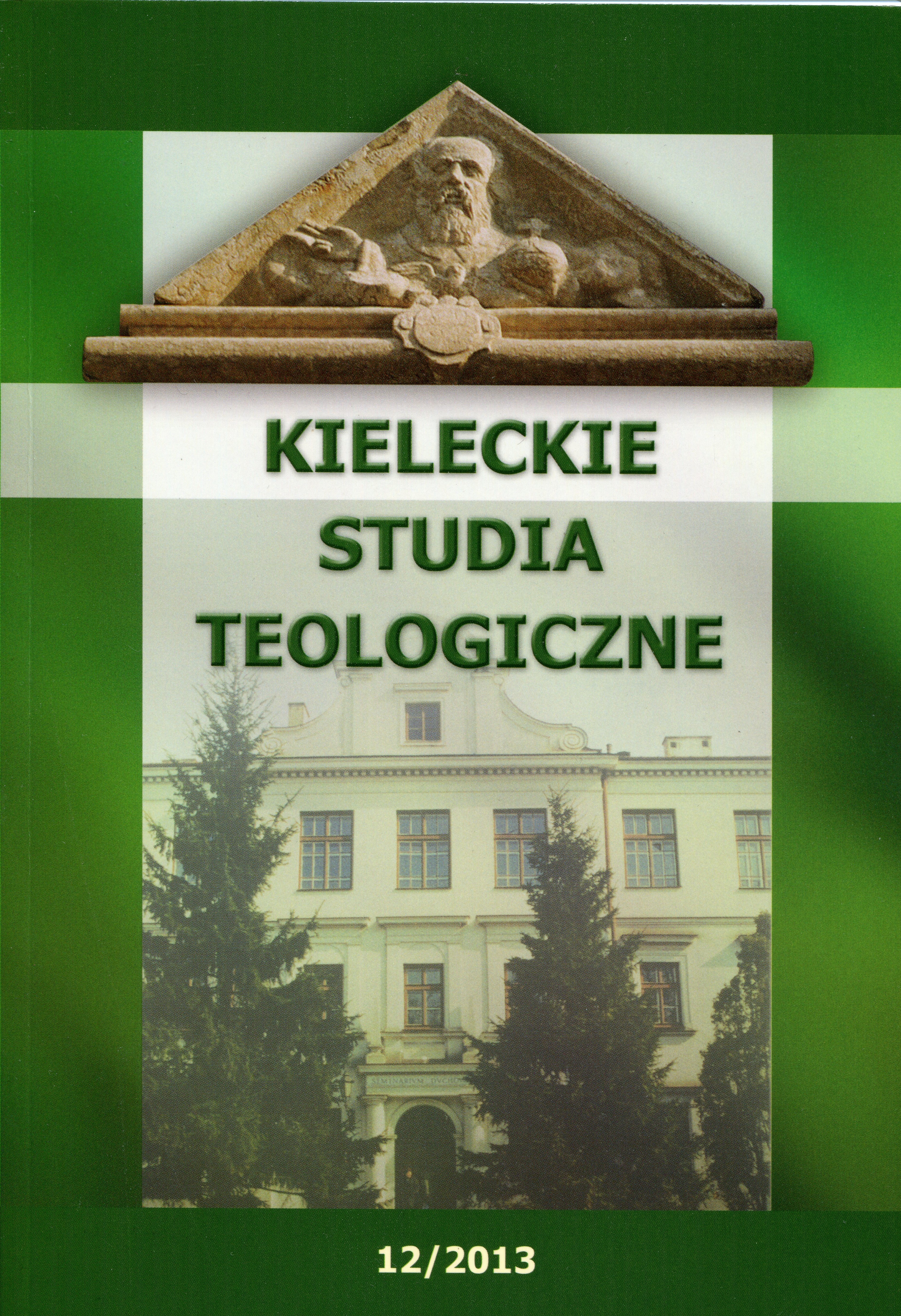
Faith may influence politics in two ways: due to the fact that given institutions may be rooted in a culture based on faith, or due to individual persons who believe. The relation between a person and his/her faith can be formal or material - a person can simply support issues associated with faith or can live and act out of faith. In the latter case, faith can have a very strong influence on politics. The core of faith cannot be understood without relation to Revelation. It is not always possible to justify a given truth by pointing only at the results or consequences. A person who believes and who truly cares for the common well-being of others should have the unquestionable right to act according to religious values including putting them into practice also in public life. In a democratic society one should know whom you are electing. Therefore, there is a moral obligation for a politician to openly declare their values and remain faithful to his/her declarations. In a country that wants to retain a neutral worldview, there can be a tendency to restrict the freedom of a politician in following ones’ religious convictions within the public realm. This definition of a neutral country is inaccurate and should be opposed while taking under consideration the rationality and role of faith as it is rooted in the culture and tradition.
More...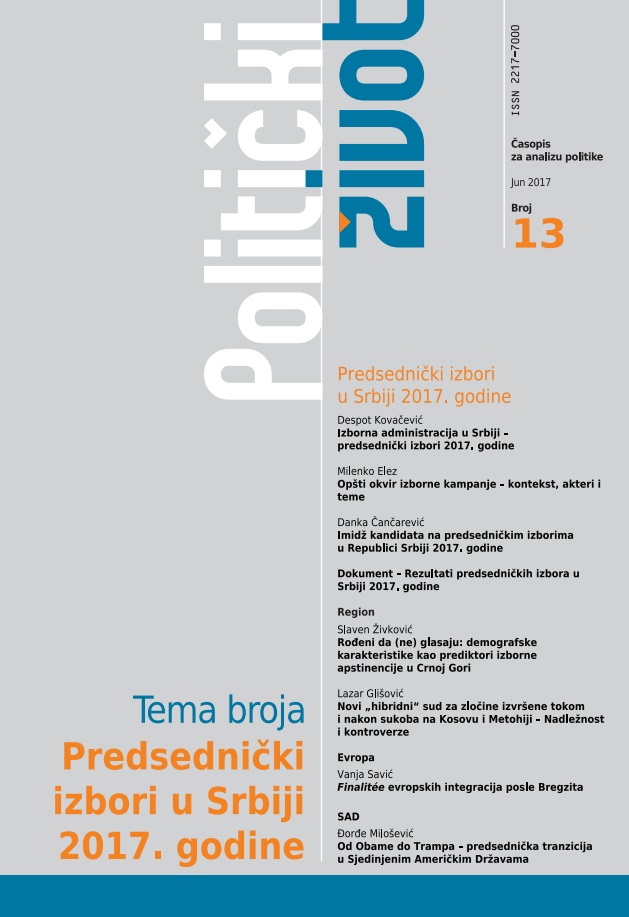
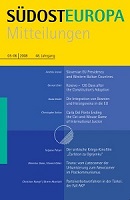
The article provides insights into the anti-corruption protests arising in Romania in early 2017.It analyses the two legislative proposals that motivated Romanian citizens to organize streetdemonstrations since January 2017 as well as the reactions by the political elite.The events are discussed in the larger frame of anti-corruption efforts and political participationin Romania. Even though the most controversial emergency decree OUG 13 (concerningchanges in the penal code) was withdrawn in February 2017, this constitutes only a partialsuccess for Romanian citizens. The link between the political elite and its electorate in Romaniais fundamentally broken. A societal discourse about the future course of the country is still missing.
More...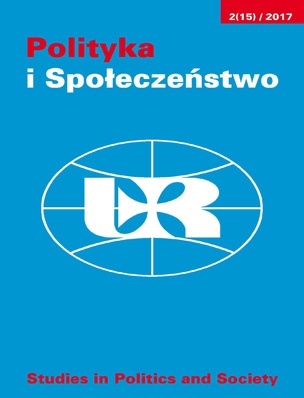
The degree of citizen participation in Poland as a key factor responsible for the development of third sector organizations is relatively low compared to countries of developed democracy. Despite political, economic or social difficulties, from year to year there is a gradual increase in non-governmental organizations representing the sphere. The purpose of this article is to present the characteristics of active citizens working in various third sector organizations with regard to their socio-demographic profiles. The analysis was performed for the total active people based on data from studies carried out in the 2013Social Diagnosis.
More...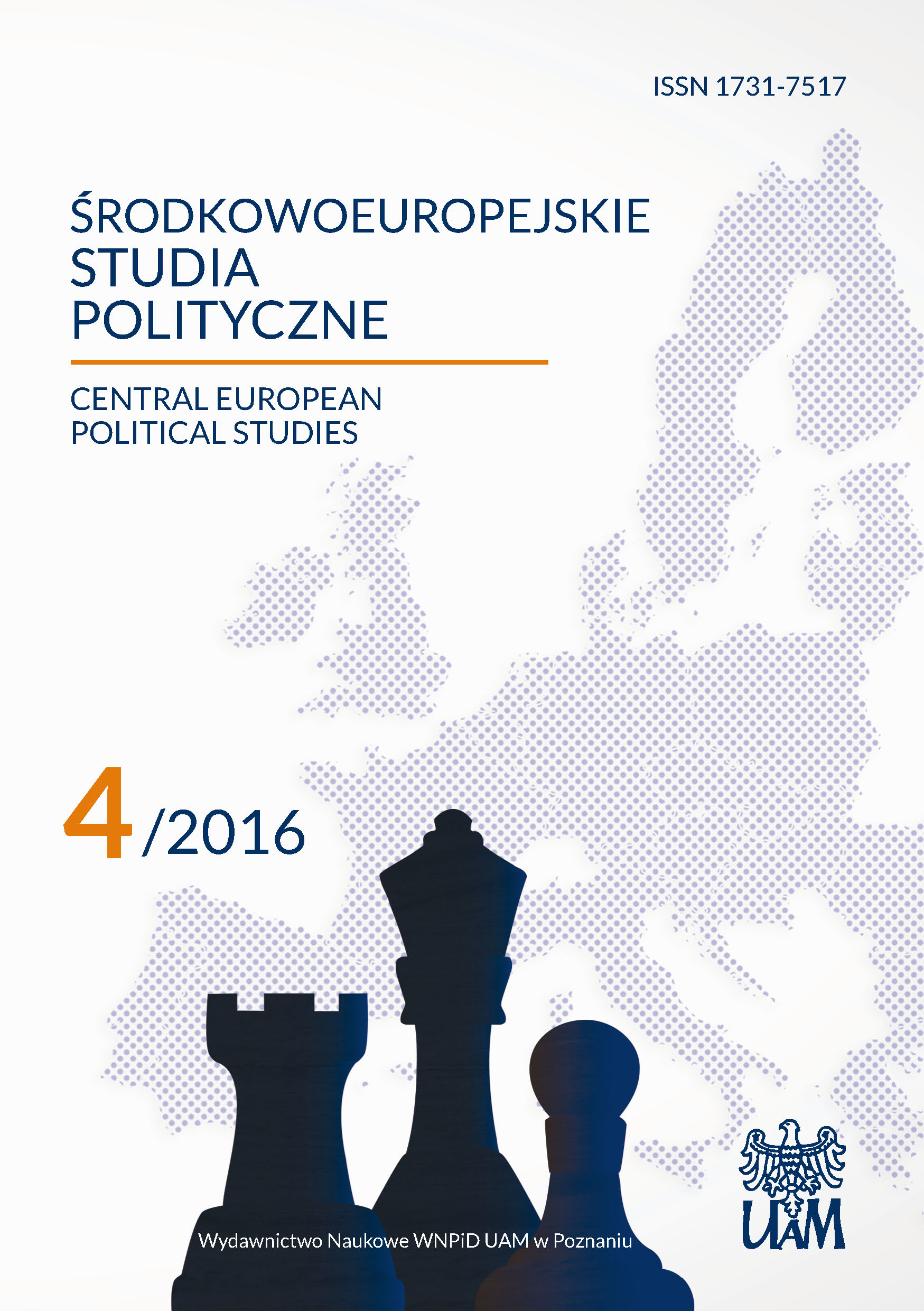
The aim of the article was to describe the participation of the Elbląg residents in the town matters. An analysis of the rules of the participatory budgeting, resolution passing initiative and public consultations was conducted. The referendum concerning the dismissal of the mayor and the Town Council of Elbląg held in 2013 was an important matter for the residents of Elbląg. On account of a wide range of the topic, it wasn’t discussed in this text. A local initiative with some procedures introduced but with no real action taken was also mentioned. The content analysis was based on the resolutions of the Town Council in Elbląg, the mayor’s directives, the strategies of the town development, reports and materials of the Town Council Office. The author also conducted several interviews with the representatives of non-governmental organizations and the local authorities. Some conclusions were drawn in the final part of the text. The most important was the statement that all the most important elements of the public participation are present in the town, but the need of strengthening the mechanisms, applying various forms of communication and information, and encouraging the residents to become more active is still very strong in Elbląg.
More...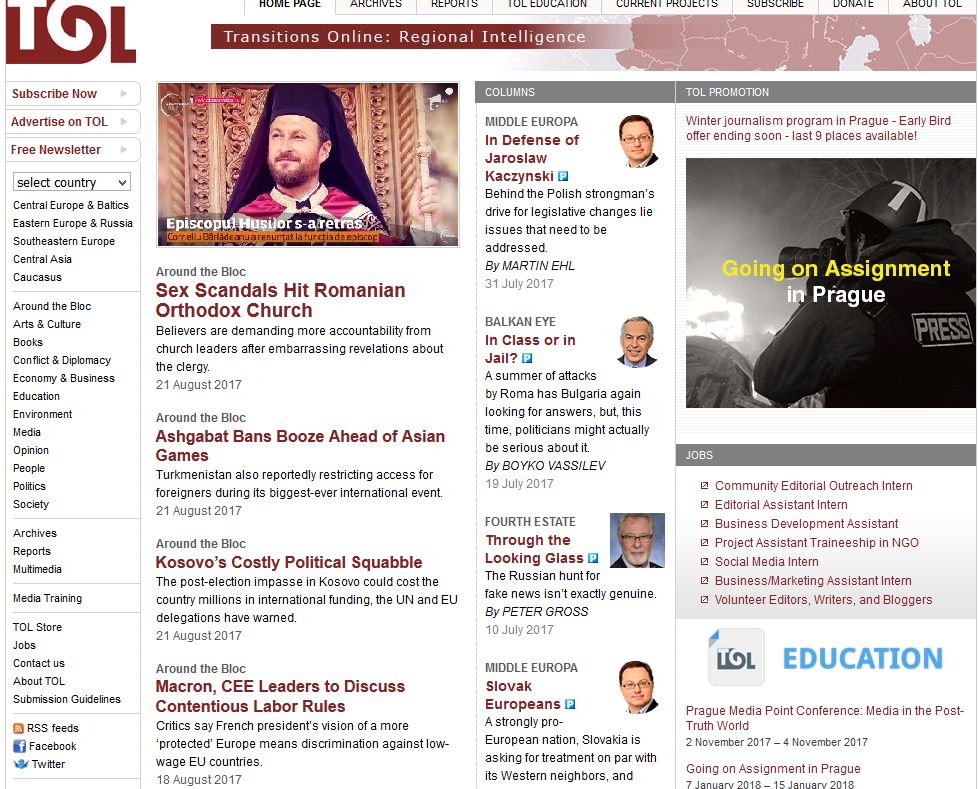
Believers are demanding more accountability from church leaders after embarrassing revelations about the clergy.
More...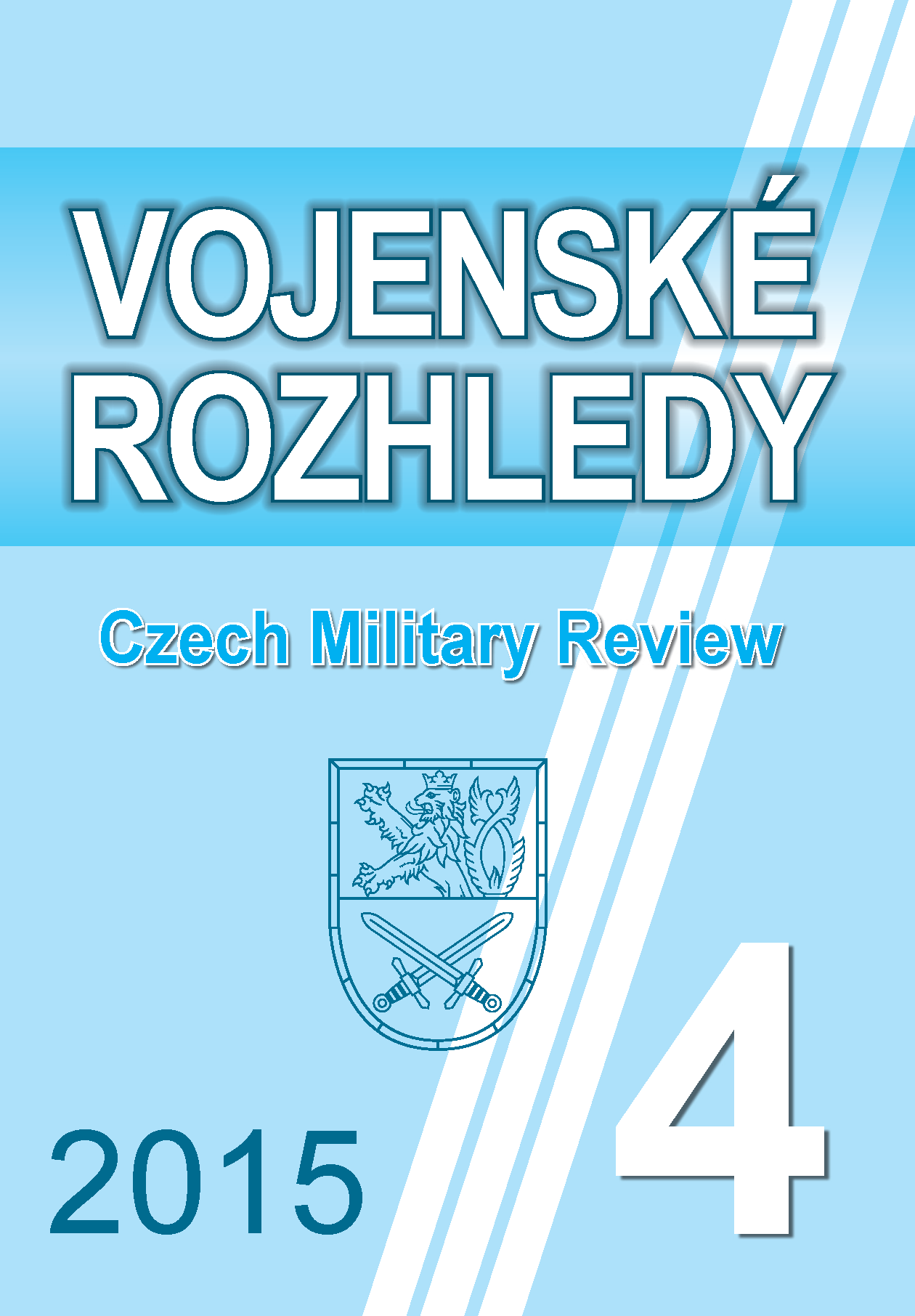
The lecture discusses the possible forms and methods for further development of Population protection, focusing on implementation of measures to protect the population at higher crisis status. The aim of the lecture is to analyse possible priorities, resources, and procedures for population protection in serious and large-scale crises using all available forces and capabilities of the State and citizens. The work also deals with the possibility of more effective measures of population protection during announcement of higher crisis status generating additional forces and means and methods for the management of these measures. The aim of the work is among other things to point out the fact that the measures of population protection must be prepared in perspective and comprehensive and must reflect the potential risks, including the large scale crisis, which may be occur in the territory.
More...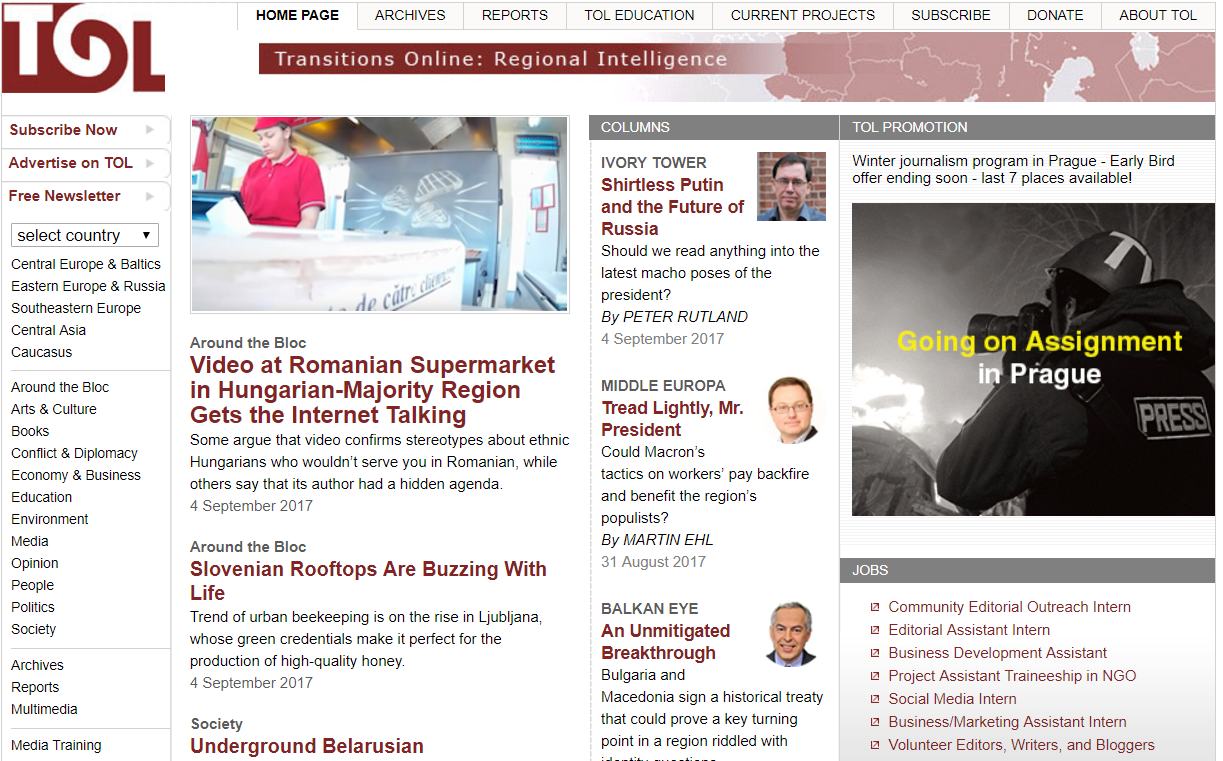
Sergei Aleksashenko denies newspaper story claiming he was detained in Moscow with valuable Soviet medals.
More...
Trend of urban beekeeping is on the rise in Ljubljana, whose green credentials make it perfect for the production of high-quality honey.
More...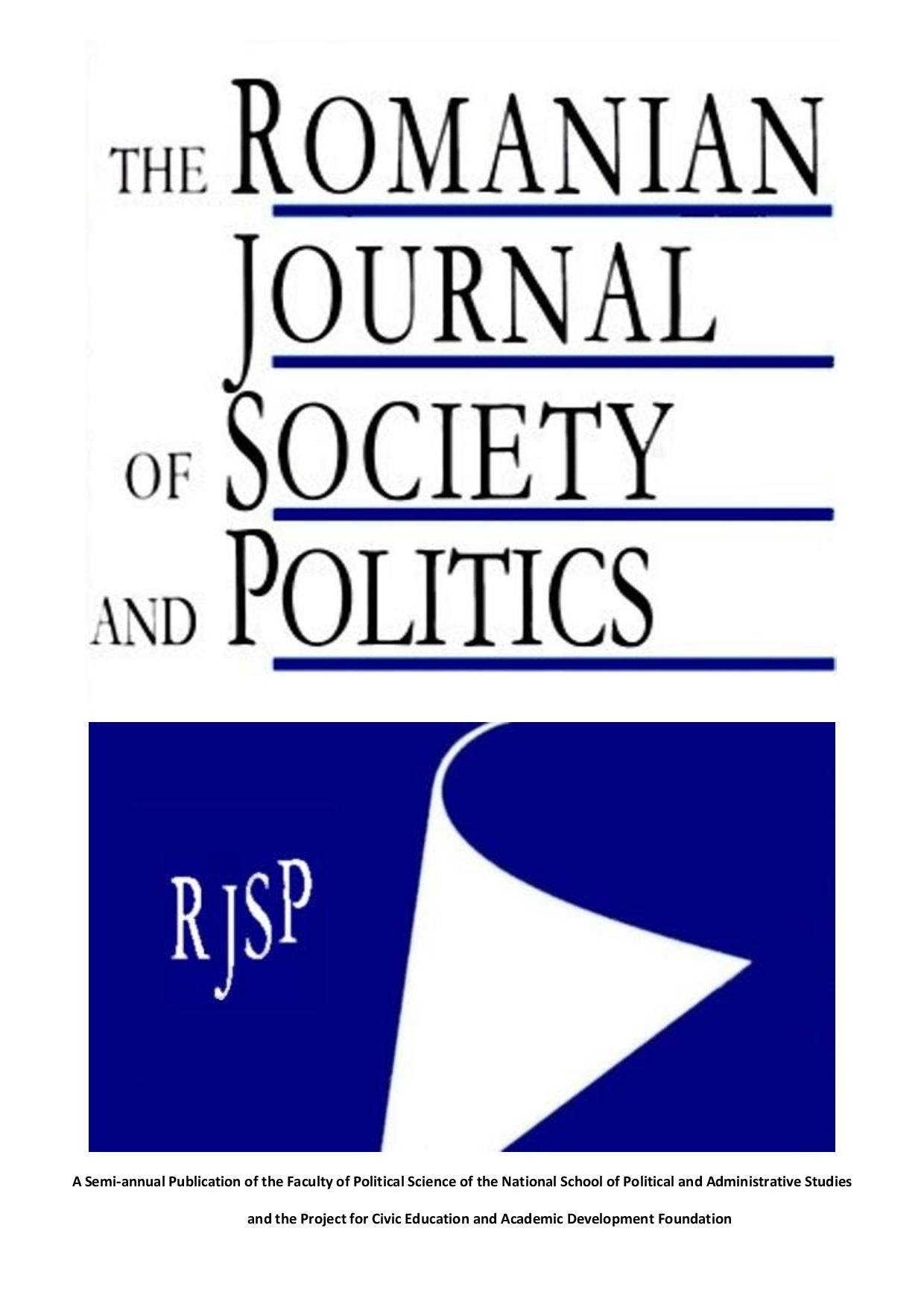
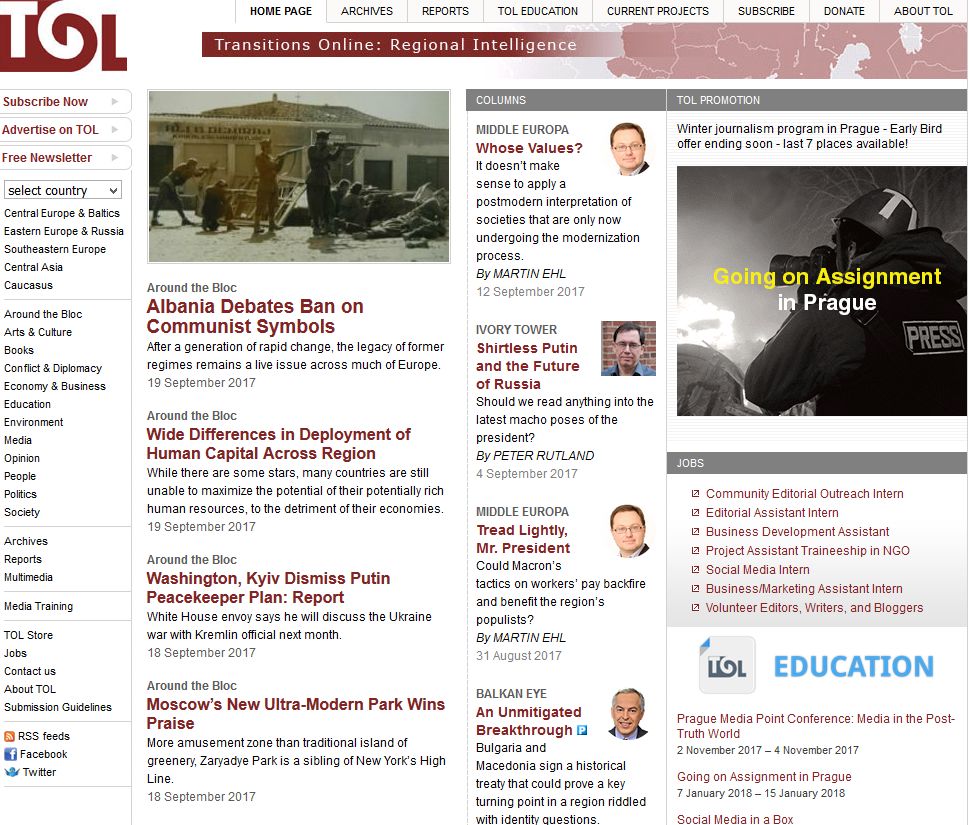
Mehman Aliyev has been released from pretrial detention, while travel blogger Alexander Lapshin was pardoned.
More...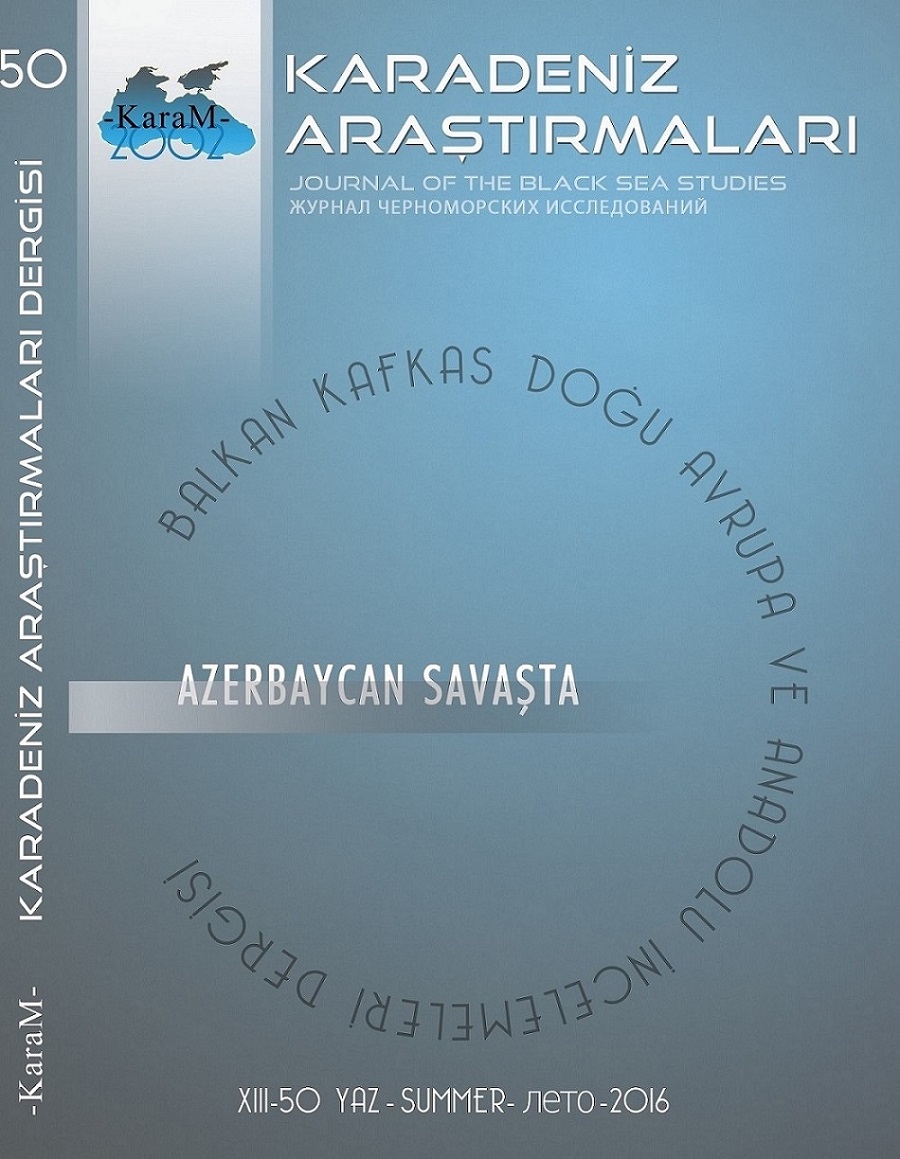
The patrimonial management system of the Ottoman Empire has influenced adversely the civil society and NGOs by extension. Upon the changeover from the Ottoman regime to Republican form of the government, a great deal of radical changes took place in the political arena during nearly a hundred years of democratic experience of Turkey which has led a process with ups and downs in terms of NGOs. The military coups in Turkey, the change of the main political movements and the laws legislated by the ruling parties have qualified NGOs’ power relevant to the political developments, whereas, it has led the state to fall behind the civil society. Turkey's EU accession process in 2000s, the developments in communication technology has come with a number of opportunities for NGOs and accelerated the organizational ability of civil society.
More...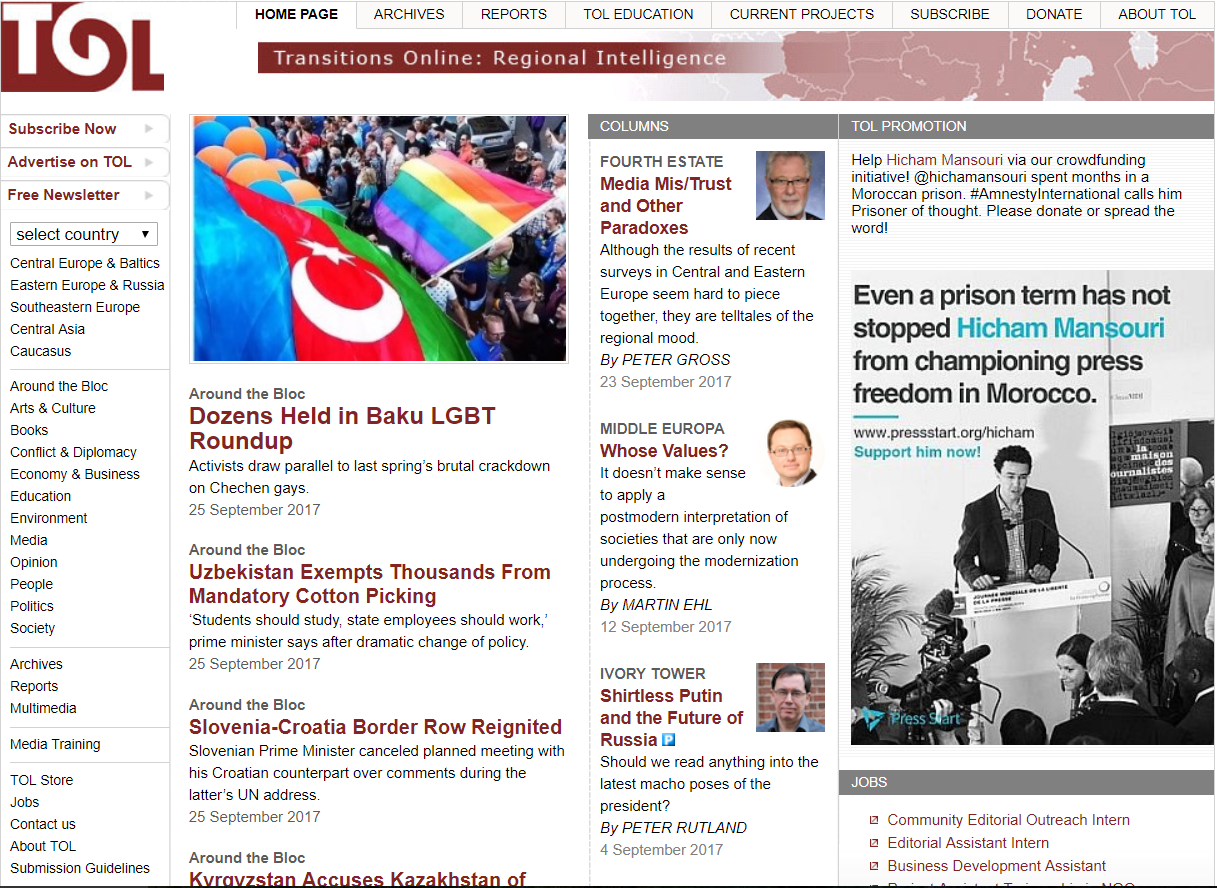
Activists draw parallel to last spring’s brutal crackdown on Chechen gays.
More...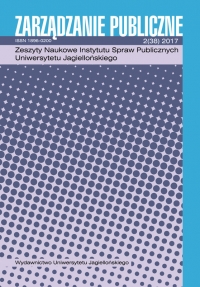
The concept of public governance requires inter-organizational cooperation. Resolving social problems encounter some restrictions. One of them is the strategic planning of the public interest activities. This area of public activity is not well researched. The author presents the definition of strategic planning of the public interest activities, formulates the research problems and presents the basic assumptions about the research methodology.
More...